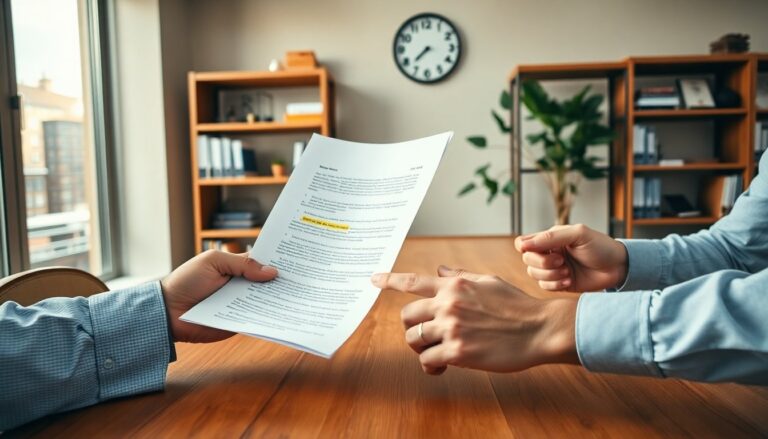In lease agreements, landlords often overlook their comprehensive legal responsibilities. A crucial aspect of these agreements is the automatic renewal of leases, which demands careful consideration. This article explores the obligations landlords face regarding lease extensions and offers guidance on effectively interacting with tax authorities to avoid
legal complications.
Legal Framework for Lease Renewals
Under current regulations, a lease agreement established under the flat-rate tax scheme may automatically renew if neither party provides notice of termination. Consequently, at the end of the initial lease term, if neither the landlord nor the tenant indicates a desire to end the contract, it remains in effect. Landlords must understand the legal implications of this renewal and their responsibilities toward tenants.
According to Article 17 of the Consolidated Text on Registration Taxes, landlords are obligated to inform tax authorities of any lease extensions unless a formal termination notice has been issued. This notification is essential for keeping all records up to date and avoiding potential penalties or issues with tax agencies.
Importance of Timely Registration
Landlords must not neglect their duty to register the lease extension with tax authorities. This registration should occur
within 30 days following the contract’s expiration, provided no termination notice has been submitted. Completing this step ensures the legality of the ongoing contract and protects landlords from possible disputes in the future, whether arising from authorities or tenants.
Additionally, registering the extension is crucial for the correct issuance of receipts and proper tax management. Landlords should maintain meticulous records of all communications and documents submitted to tax authorities to demonstrate compliance during audits. Transparency and thorough documentation are key components of this process.
Best Practices for Lease Management
In summary, effective lease management requires careful attention to compliance with existing regulations. Landlords should proactively communicate with tax authorities and ensure that all processes are organized. In cases of uncertainty or complexity in managing a lease, consulting a legal expert or an accountant specializing in rental agreements may prove beneficial.
Moreover, fostering open communication with tenants is vital. Keeping tenants informed about renewals and any potential contractual changes helps build trust and prevent misunderstandings. Clarity and professionalism are essential for effective lease management.

